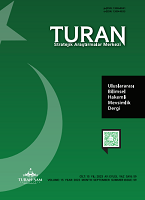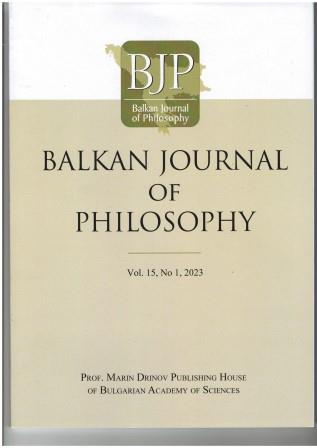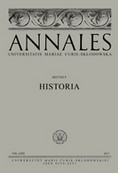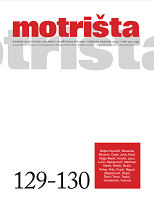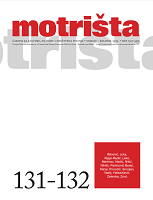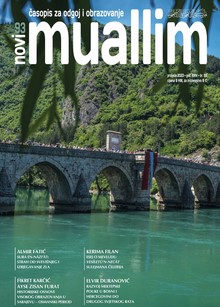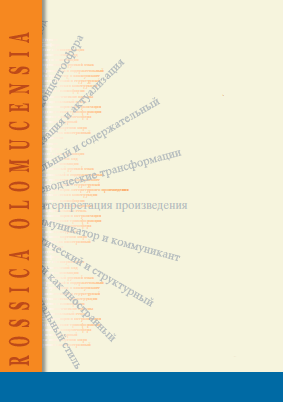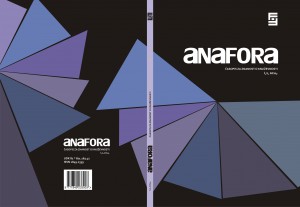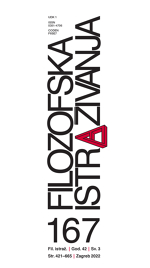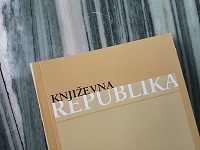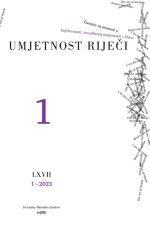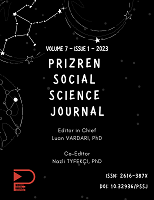
A COMPARATIVE STUDY ON THE USE OF PROGRESSIVE FORMS IN THE ALBANIAN - ENGLISH TRANSLATION OF THE NOVEL ‘THE DOLL’ BY ISMAIL KADARE
Translation is a process that incorporates two languages and two cultures, it is considered as an act of conveying a message from one society to another. Languages contain different expressions, literary aspects for which translation enables them to be delivered to other cultures. The focus of this research is on the progressive or continuous tenses of Albanian and English language. The progressive tenses of both languages show an ongoing action at an unspecific time in the present, past or in the future. To conduct this research and to analyze and contrast the progressive tenses, we have used the novel “Kukulla” – “The Doll” by Ismail Kadare. The novel has an intriguing, specific topic which is not commonly used in literary texts. Besides its topic, the cultural aspects that Ismail Kadare has masterly incorporated in the novel make it a distinct and important novel to analyze. The aim of this research is to clarify the aspect of progressive tenses of Albanian language and English language. It aims to identify and analyze whether the tense shift from Albanian language to English language changes the meaning and the form of the source text.
More...
